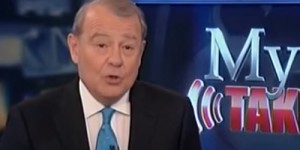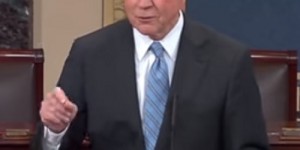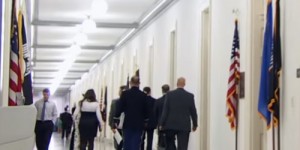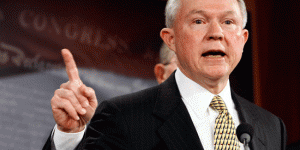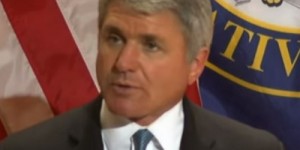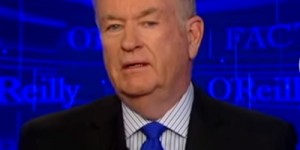James Taranto of the Wall Street Journal looks at Donald Trump’s latest proposal for a temporary pause in Islamic immigration and takes the exact opposite view from virtually every other politician and pundit in America.
For our part, we’ve forecast the end of Trump’s campaign maybe four or five times. But not this time. Trump’s proposal, whatever the merits, looks to us like a political masterstroke, in large part because of the overwrought reactions it has prompted from Democrats, Republicans and the media alike.
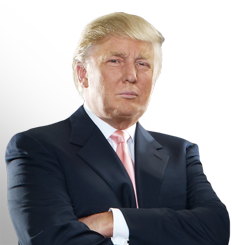
The proposal itself, however, was not so offhand. Andrew Prokop of the young-adult website Vox argues that Trump had two “strategic objectives” in mind:First, he ensures his continued dominance of the headlines.
Second, he proves to the segment of Americans who might secretly agree with him that, once again, he’s willing to say the things ordinary politicians of both parties won’t.
But why “secretly”? Another Vox article, written by Zack Beauchampand also published yesterday, calls attention to a poll by the Public Religion Research Institute that asked respondents if they agreed with the statement “The values of Islam are at odds with American values and way of life.”Vox’s headline announces the results for Republicans, 76% of whom agree. But the view is shared by a majority of all respondents (56%) and independents (57%) and a substantial minority of Democrats (43%). Blacks and Hispanics are evenly divided, and majorities of every Christian subpopulation, including black Protestants, agree.
Thus Trump’s proposal for a pause in Muslim immigration “until our country’s representatives can figure out what is going on” strikes this columnist as entirely reasonable. That’s not to say it’s necessarily a good idea. There are potential costs in American-Muslim relations both internationally and domestically, and humanitarian costs as well. There are practical questions about how it would be implemented. The religious-freedom argument, although legally empty, is not without moral force.Instead of debating the proposal in a reasoned way, the political class—both parties—and many in the media are treating it as a thoughtcrime. Yet the PRRI poll suggests a large majority of Americans are thinking along similar lines.The Washington Examiner’s Philip Klein summed up the politics in a tweet yesterday: “@realDonaldTrump will get days of coverage in which GOP rivals, Obama, Clinton, media, will all sound same. This is bad for him how?”
















